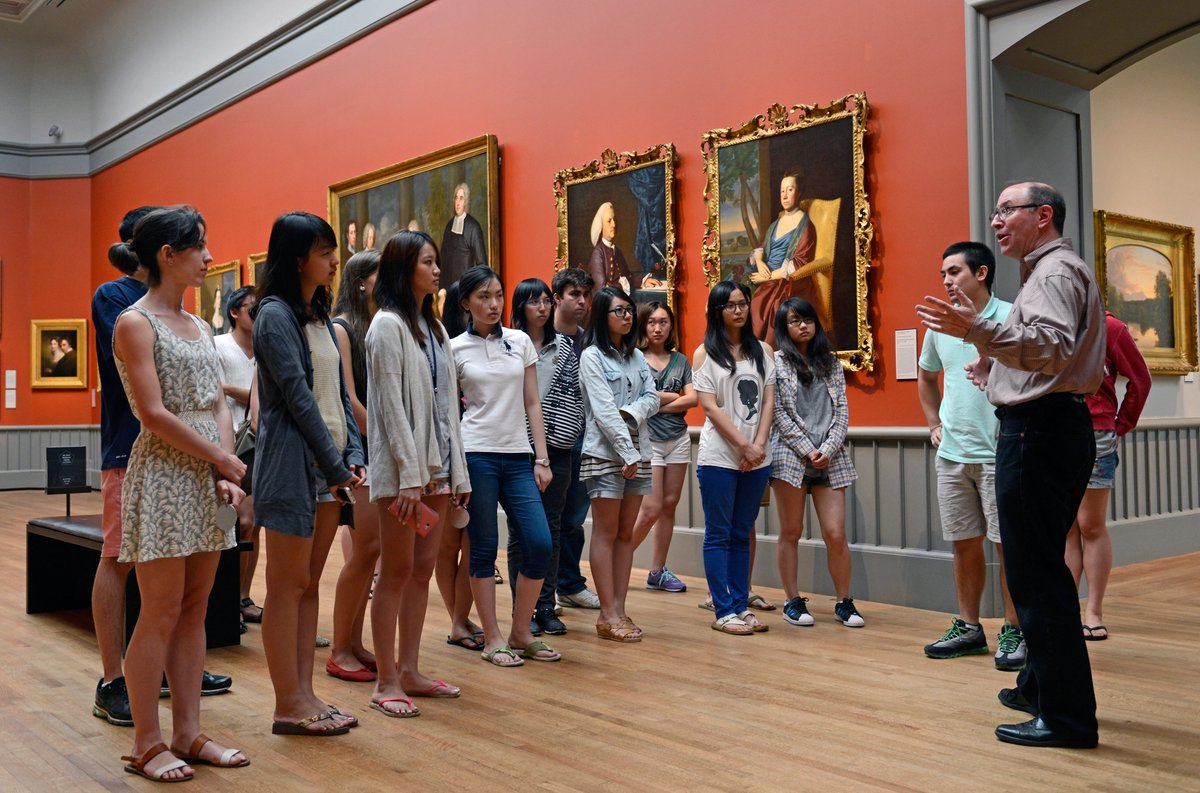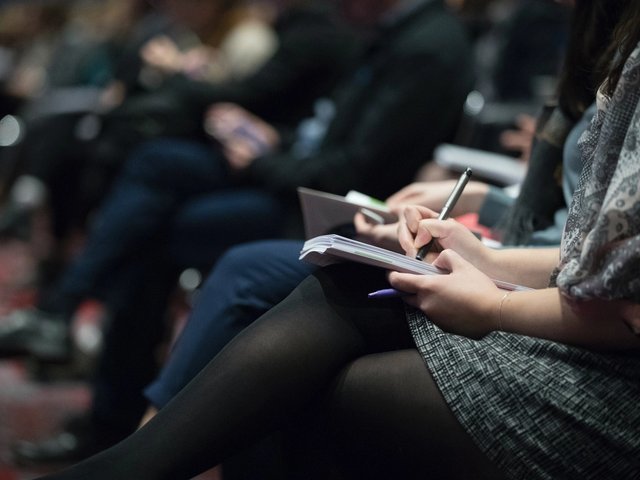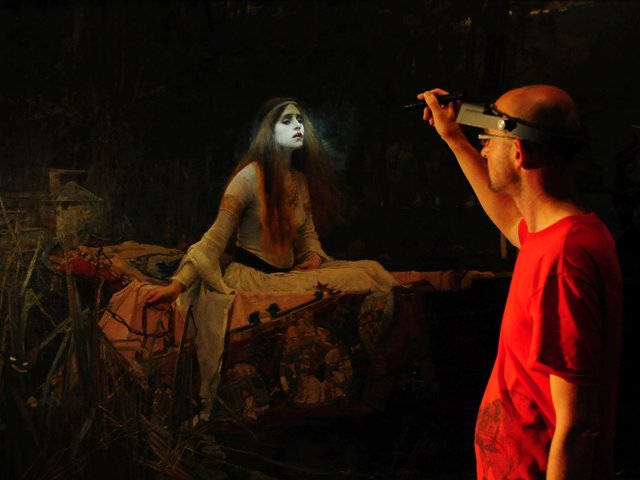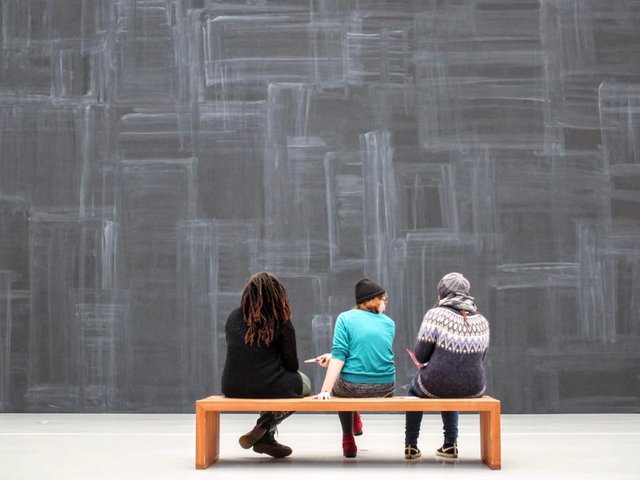Art world figures including the artist Sonia Boyce, Tate director Maria Balshaw and the historian Simon Schama have contributed to an online campaign highlighting the value of studying art history.
The project, Art History Now, marks the 50th anniversary of the charity UK Association for Art History (AAH), which says that the study of art from across the globe “enhances our ability to analyse, question and critically engage with issues confronting society and individuals”.
Balshaw says: “I see art history as an ongoing conversation, rather than a story set in stone. In a time of ever greater polarisation and politicisation of culture, adopting an expansive approach to art history widens and enriches our understanding of both the past and the present, arming us with the knowledge to forge our own ideas.”.
Other names among the campaign’s 90 contributors include Louisa Buck, contributing editor at The Art Newspaper, and Alison Cole, The Art Newspaper’s editor-at-large. They join artists including Antony Gormley, Grayson Perry and Rebecca Salter.
The art historian Andrew Graham-Dixon also contributed to the Art History Now initiative. He says: “Art history matters because it’s the most naked and essential history of who we are. If you want to understand a civilisation, for better or worse—from the Greeks to the Nazis—look at the art they made.
“...Before Putin invaded Ukraine he unveiled a monumental statue of Saint Vladimir of Kiev, sword in hand, which made his intentions abundantly clear to anyone familiar with the artistic propensities of totalitarian regimes.”
The artist Magdalene Odundo adds that art history is vital to education as a core subject. However, in the UK, the subject is now taught to A-level students almost exclusively in private schools. Following the UK general election last month, a briefing paper circulated to education and culture ministers highlighted that in 2016 A-level art history was removed as a qualification by the awarding body AQA.
The briefing reads: “Although the A-Level was given a lifeline and continues to be offered by Pearson Edexcel, it is taught in fewer than 1% of state schools. The most recent figures supplied by Pearson indicate a total of 22 state schools and similar Art History A Level exam centres in 2022 (this figure includes private training providers, further education and tutors).”
Contributors to the paper include Art History Link-Up, a charity that works in partnership with organisations such as The Courtauld and the National Gallery to provide free A-level and EPQ Art History courses to state-school pupils. Other signatories include Christie’s and the British Art Market Federation.
Meanwhile a recent report published by the University of Warwick and the Campaign for the Arts pressure group highlighted a slump in arts education generally, with GCSE and A-level entries in arts subjects dropping by 47% and 29% respectively from 2010 to 2023.





